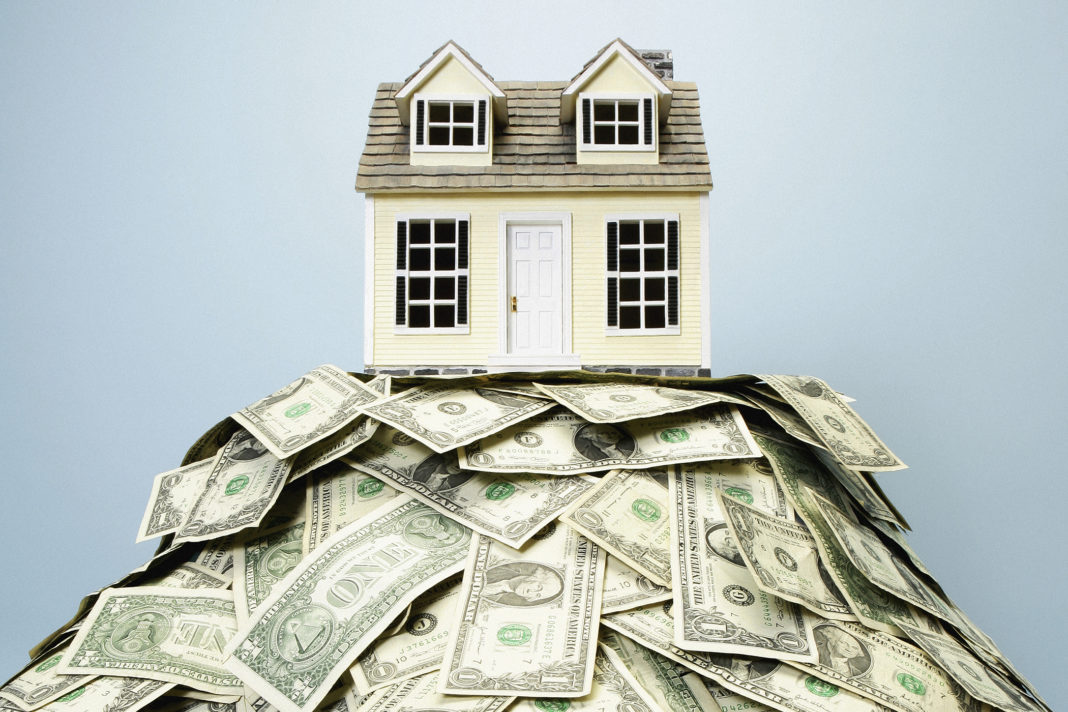When considering the dynamics of the housing market, local economic factors play a pivotal role in shaping trends in house sales. Economic growth influences consumer spending and investment, affecting demand for housing. Additionally, consumer confidence reflects the public’s perception of financial stability, influencing their willingness to invest in real estate.
Understanding these factors provides valuable insights into market fluctuations, helping sellers and buyers make informed decisions. Fast Sale Now provides incredible assistance by managing all the processes for those looking to sell their home quickly and easily.
This article explores the intricate relationship between local economic health and house sales, offering up-to-date information for prospective sellers and buyers.
6 Local Economic Factors Impacting House Sales
Navigating the housing market can feel like decoding a complex puzzle, especially when local economic factors come into play. These elements not only influence the overall climate of the real estate market but also directly impact house sales, dictating the pace and price.
Employment Rates
Employment rates are a crucial driver of housing demand. When more people are employed, there’s an increased number of potential homebuyers entering the market, often leading to a surge in demand for housing. High employment rates signify a strong economy, boosting consumer confidence and purchasing power, elevating house prices, and reducing the time properties spend on the market.
Interest Rates
Interest rates set by local financial institutions significantly affect the affordability of loans and mortgages. Lower interest rates make borrowing cheaper, encouraging prospective buyers to take out mortgages and invest in property. Conversely, higher rates can deter buyers due to the increased cost of borrowing, leading to a slowdown in house sales. Thus, interest rates play a pivotal role in shaping the housing market dynamics.
Consumer Confidence
Consumer confidence reflects the general sentiment of the population regarding the state of the economy and their financial situation. High consumer confidence encourages spending and investment, including real estate purchases. When consumers feel optimistic about their economic prospects, they are more likely to commit to buying a home, stimulating the housing market. On the other hand, low confidence can lead to decreased demand, affecting house sales negatively.
Economic Growth
Economic growth, measured by GDP growth, directly impacts the housing market by influencing buyers’ and sellers’ behaviors. A thriving economy typically leads to increased job security and higher incomes, which boosts demand for housing as people are more willing to invest in real estate. On the other hand, in times of economic stagnation or recession, caution and uncertainty can lead to decreased demand, affecting house sales negatively.
Government Policies
Government policies, including tax incentives, subsidies for homebuyers, or changes in land use regulations, can significantly impact the housing market. For instance, tax benefits for homeowners can increase demand, while strict zoning laws might limit the supply of new homes, pushing prices up. These policies can either stimulate or cool down the market, affecting how quickly and at what price houses are sold.
Inventory Levels
The level of housing inventory, or the number of homes available for sale, plays a critical role in the real estate market. A low inventory leads to a seller’s market, where buyer competition can drive house prices and speed up sales. Conversely, a high inventory creates a buyer’s market, giving buyers more options and bargaining power, slowing sales, and lowering prices. Monitoring inventory levels is crucial for understanding market dynamics and predicting house sales trends.
Dealing with Local Economic Factors to Speed-up House Sale
Price Competitively
Understanding the local economy is crucial in setting a competitive price for your property. Research current market trends and price your house accordingly to attract potential buyers. In a buyer’s market, slightly underpricing can generate more interest, leading to quicker sales. In a seller’s market, ensure pricing reflects the property’s value and current demand to avoid prolonged listing periods.
Improve Property Appeal
Enhancing your home’s appeal can significantly impact its desirability, regardless of economic conditions. Invest in minor renovations and repairs to address any issues that could deter buyers. Focus on curb appeal, decluttering, and staging to make the property more attractive. These improvements can make your home stand out, potentially leading to a faster sale.
Flexible Financing Options
In times of higher interest rates or economic uncertainty, offering flexible financing options can attract buyers who might be on the fence. Consider seller financing, paying points to lower the buyer’s interest rate, or offering to cover closing costs. These incentives can make purchasing more appealing to buyers, increasing the likelihood of a quicker sale.
Market Effectively
Effective marketing is key to reaching potential buyers quickly. Utilize a mix of traditional and digital marketing strategies to showcase your property. High-quality photos, virtual tours, and utilizing social media platforms can broaden your reach. Engaging a real estate agent with a strong track record and understanding local market dynamics can also enhance your marketing efforts


